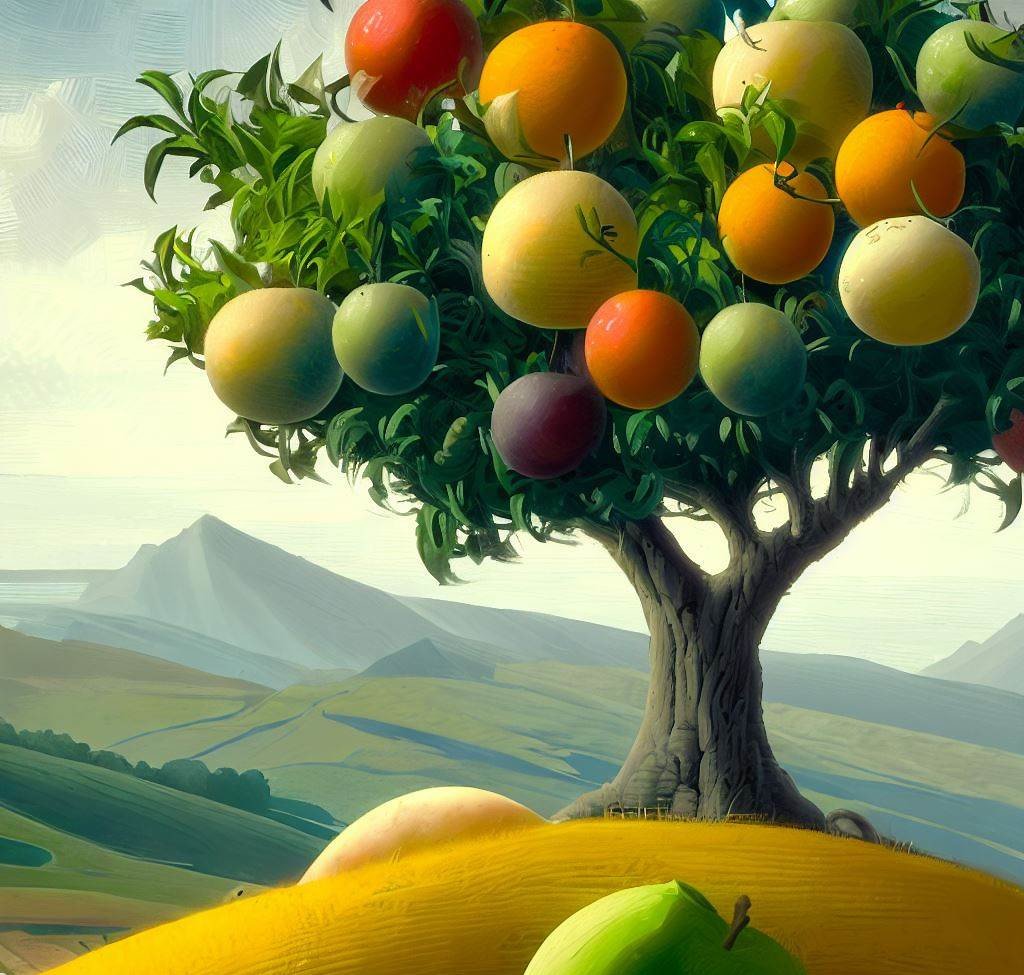In times of uncertainty and potential emergencies, having a reliable food source is essential for survival. One proactive way to ensure a sustainable food supply is by planting fruit trees on your property. Fruit trees not only provide nourishing fruits packed with essential vitamins and minerals, but they can also serve as a long-term investment in self-sufficiency. In this article, we will explore some of the best fruit trees to have on your property if a “SHTF” (Sh*t Hits The Fan) scenario happens, helping you plan for a more secure future.
1. Apple Trees:
Apple trees are highly versatile and can adapt to various climates, making them an excellent choice for most regions. They are hardy, low-maintenance trees that produce an abundance of fruits. Apples are rich in fiber, antioxidants, and vitamin C, providing a valuable source of nutrition during challenging times. Moreover, they can be preserved as dried fruit, apple sauce, or even cider, extending their shelf life.
2. Citrus Trees:
Citrus trees, such as oranges, lemons, and grapefruits, are packed with vitamin C and other vital nutrients. They are relatively easy to grow in warm and subtropical climates, making them an ideal choice for certain regions. Citrus fruits can be consumed fresh, squeezed into juices, or used in various culinary preparations. Additionally, their aromatic qualities can uplift spirits and provide a refreshing taste during stressful situations.
3. Peach Trees:
Peach trees are not only beautiful additions to your landscape but also offer delicious and nutritious fruits. They thrive in moderate climates and require a certain amount of chilling hours to produce fruit. Peaches are rich in vitamins A and C, as well as dietary fiber. They can be eaten fresh, canned, or made into jams and preserves, offering a versatile food source during challenging times.
4. Fig Trees:
Fig trees are hardy and can tolerate a wide range of climatic conditions. They produce sweet and succulent fruits that are high in fiber, minerals, and antioxidants. Figs can be consumed fresh or dried for long-term storage. Their versatility and ability to thrive in diverse environments make them an excellent choice for self-sufficiency.
5. Cherry Trees:
Cherry trees are not only visually appealing but also yield bountiful harvests of delicious fruit. Cherries are packed with antioxidants and possess anti-inflammatory properties. They can be eaten fresh or preserved as jams, jellies, or canned cherries. While cherry trees may require specific growing conditions, they are worth considering if you reside in a suitable climate.
6. Pear Trees:
Pear trees are hardy and adaptable, making them a reliable choice for a variety of regions. They offer a diverse range of flavors and textures, from crisp to buttery-soft. Pears are a good source of dietary fiber, vitamin C, and antioxidants. They can be eaten fresh, canned, or used in baking and cooking. Additionally, some pear varieties store well, providing sustenance over an extended period.
Conclusion:
When preparing for a potential crisis, planting fruit trees on your property can significantly enhance your self-sufficiency and food security. The selection of fruit trees should be based on your climate, available space, and personal preferences. Apple, citrus, peach, fig, cherry, and pear trees are among the best choices due to their adaptability, nutritional value, and versatility in terms of storage and consumption. By investing in these fruit trees, you are not only ensuring a potential source of nourishment during challenging times but also cultivating a sustainable food supply for the future. Remember to care for your fruit trees regularly to maximize their productivity, as they can become invaluable assets in times of uncertainty.

Comments